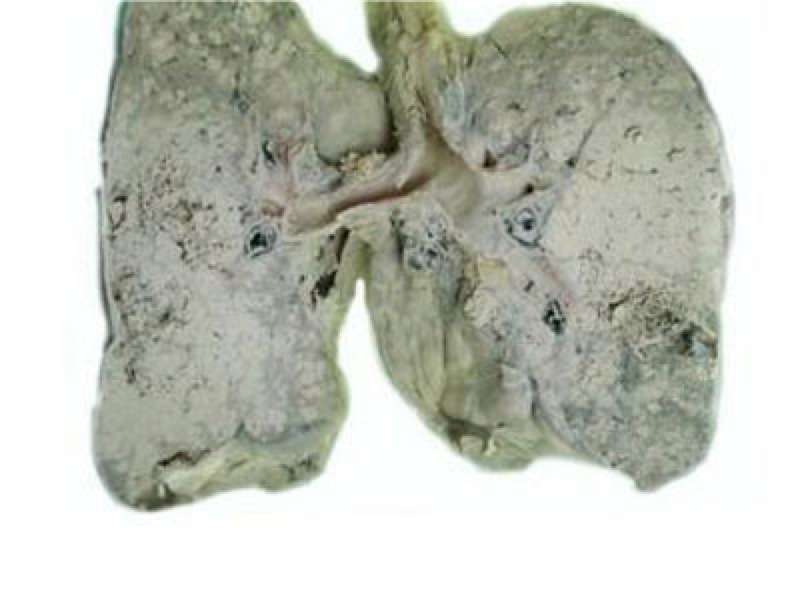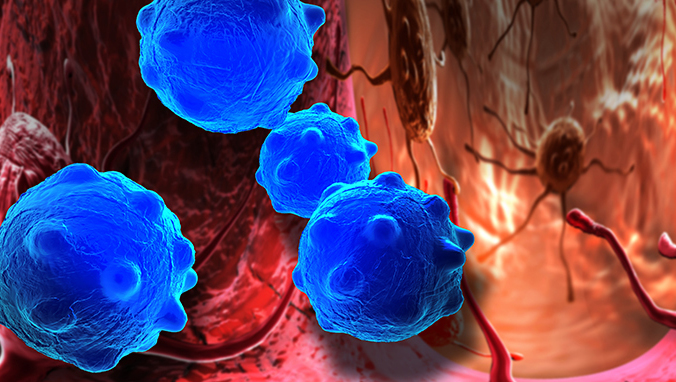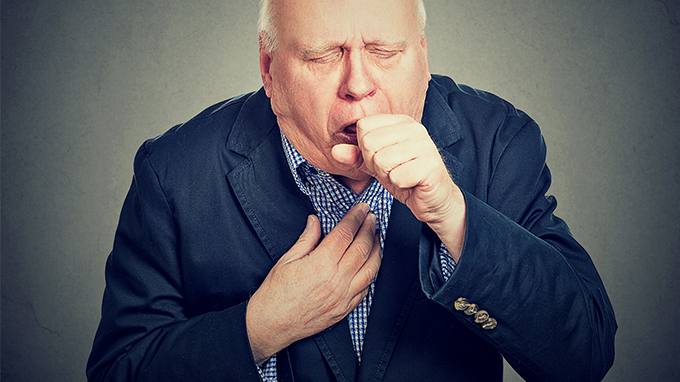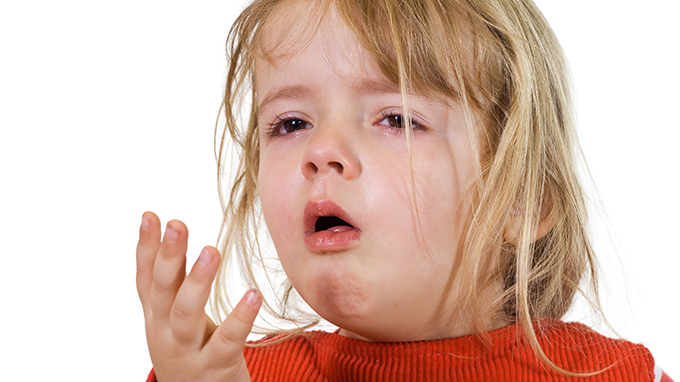Does the baby's wheezing require infusion treatment?
Year ago, my niece brought her good friend’s child to see a doctor, and was discharged after a 15-day infusion in a hospital because of coughing and wheezing! Soon after discharge, the child coughed and wheezed again! The child was already in the fourth wheezing, so In accordance with the "asthmatic bronchitis", antibiotics and other drugs were delivered locally, and the child''s wheezing did not improve significantly.

did some corresponding things for children Examination, ruled out the infection, I guided the child to feeding and designated treatment plan, in the absence of injection, the child will be cured soon. So my nickname has been upgraded from the past glory of "Aunt without injection" to "Grandma without injection"!
In fact, I have seen many children like this in the clinic. Not long ago, I went to the outpatient clinic. A couple brought a child less than 8 months old to see the doctor. They told me that the child had been intermittently infused for 2 months because of "gasping bronchitis"! Later, the local doctor Say, do not dare to inject again, and quickly go to the big hospital to eliminate the possibility of foreign bodies. So they came to our hospital''s otolaryngology department and did a chest CT three-dimensional reconstruction, and found no foreign objects. Later, they took the child to the pediatrics to see a doctor. That day, they just called me.
I looked carefully at the child. The child is in good spirits and does not have a fever, making him laugh. Except for a little wheezing, the breath sounds of the two lungs have no wet rales (excluding wheezing bronchitis), and the blood routine is normal. After understanding the medical history, the child has been given antibiotics for 2 months in a row. The appetite is very bad. The child has not gained weight in 2 months, and the weak ones can''t sit still. My heart hurt when I saw such a small child get a shot for 2 months. Later, under my guidance, the child was not hospitalized, and only gave outpatient guidance for inhalation drugs and oral drugs, and the child''s wheezing soon recovered. At present, this child is looking for me to follow up regularly and recovers very well.
The weather has changed suddenly recently, and many children do not experience wheezing after catching a cold. How should children’s wheezing be treated? Is it necessary to have an infusion to be good? How can it be prevented from being over-treated?
It starts with a gasp. There used to be a saying: "Doctors do not cure asthma, treatment of asthma will be embarrassing". Regarding wheezing, it has always been a hotspot of research. Its etiology is complicated, and the treatment plan has not yet been unified. Regarding wheezing, there are currently three types:
1. Early transient wheezing: more common in premature babies and parents The smoker''s child''s wheezing is mainly due to the delayed development of the lungs. As the lungs mature, most children''s wheezing gradually disappears within 3 years of birth.
2. Early onset of persistent wheezing (refers to onset before the age of 3): It is related to acute respiratory virus infection, the child is not allergic, and wheezing symptoms generally continue to school age.
3. Delayed wheezing: These children are allergic, accompanied by eczema, asthma symptoms often persist until adulthood, and the airways have typical asthma pathological features.
Because the airway structure and function of infants and young children are not yet mature, such as narrow larynx and bronchial lumen, the cartilage and muscles of the larynx, trachea and bronchus are weak. Once the surrounding tissue is compressed, the lumen will occur. Stenosis, combined with the rich blood vessels of the tracheal mucosa, is prone to inflammation and swelling and increased mucus secretion, which exacerbates the degree of stenosis, so infants and young children have more chances of wheezing. Once the child is breathing, it should not be improved in the short term.
Wheezing is only a symptom. In common diseases of infants, in addition to wheezing bronchitis is more common, bronchiolitis, infant asthma, congenital lung hypoplasia, foreign body bronchial, congenital laryngeal wheezing There will be wheezing when naming. Among these diseases, the most difficult to distinguish are "asthmatic tracheitis" and "infant asthma".
In clinical, children who are wheezing under 5 years old, we do not easily diagnose asthma, but when the child has obvious allergic manifestations: such as eczema, allergic rhinitis, allergic conjunctivitis, food allergy Etc., increased eosinophils in the blood and (or) increased total IgE. Or family members (especially parents) have a history of asthma, and the possibility of asthma should be highly considered. Such children should be treated according to asthma and regularly followed up. If the child does not have evidence of allergies, but wheezing can''t get better, and some rare diseases such as foreign bodies can be ruled out, we can also try experimental treatment. If inhaled drugs and/or oral medications are effective according to asthma, the treatment is correct. This will prevent your child from overusing antibiotics. If your child should be highly vigilant when the following clinical symptoms appear, be sure to find a doctor who specializes in asthma.
Recommendations and experiences:
1, paroxysmal wheezing more than once a month, cough or wheezing induced by activity, intermittent nighttime cough caused by non-viral infection, no season Changed wheezing and symptoms persist until after the age of 3
2. For children with wheezing before the age of 3, if there is 1 major risk factor (parents have asthma or I have eczema), or 2 times Risk factors (eosinophilia, wheezing caused by non-cold, and allergic rhinitis)
3. If the wheezing undergoes experimental treatment with rapid-acting bronchodilators and inhaled glucocorticoids, the clinical symptoms are significant Improvement, and the symptoms become worse after stopping the drug, consider asthma diagnosis
4. Mites, food allergies, cold air and other induced wheezing are one of the reasons that cannot be ignored in small babies. If it is found that the child is allergic or intolerant to milk, it is necessary to replace the milk powder. This is very important. According to the specific situation of the child, the child can be recommended to replace the amino acid (non-sensitive) milk powder or deeply hydrolyzed milk powder (low-sensitive milk powder), etc. Preventing and treating children''s asthma is very critical, but it is a problem that can be easily overlooked.
Now, whether it is wheezing or asthma treatment is becoming more and more standardized, the international asthma organization''s treatment guidelines are constantly updated. There are more and more doctors specializing in asthma. The child has strong airway plasticity, as long as a reasonable diet, proper abstinence, regular treatment (no infusion required, nebulized inhalation and/or oral leukotriene antagonists, such as Shunlin: Montelukast sodium and other drugs), Most children can be cured. Therefore, if your child has wheezing repeatedly, don''t be too nervous. If you have a doctor with asthma specialty, you don''t have to rush to stay close. You must follow up and treat regularly under the guidance of the doctors around you, so that you can get regular treatment.
Related Articles

- Early symptoms of lung cancer
- 2020-12-17

- Symptoms of rhinorrhea
- 2020-12-17

- First-line chemotherapy for squamous cell carcinoma
- Squamous cell carcinoma is abbreviated as squamous cell carcinoma, also known as epidermal carcinoma. It is a malignant tumor that occurs in epidermal or accessory organ cells. Cancer cells
- 2020-08-02

- Dietary coup for winter cough
- The winter in the north is quick to say. When the northwest wind blows down the last autumn leaf, the dry winter begins. The most common health problems in winter are upper respiratory trac
- 2020-08-02

- Get rid of asthma freely (1)
- Asthma is one of the most common chronic respiratory diseases worldwide, and the incidence is increasing year by year, especially among children. Due to various reasons, in our country, esp
- 2020-08-02

- Get rid of asthma freely (2)
- Basic articles 1. How to detect pediatric asthma early
- 2020-08-02
